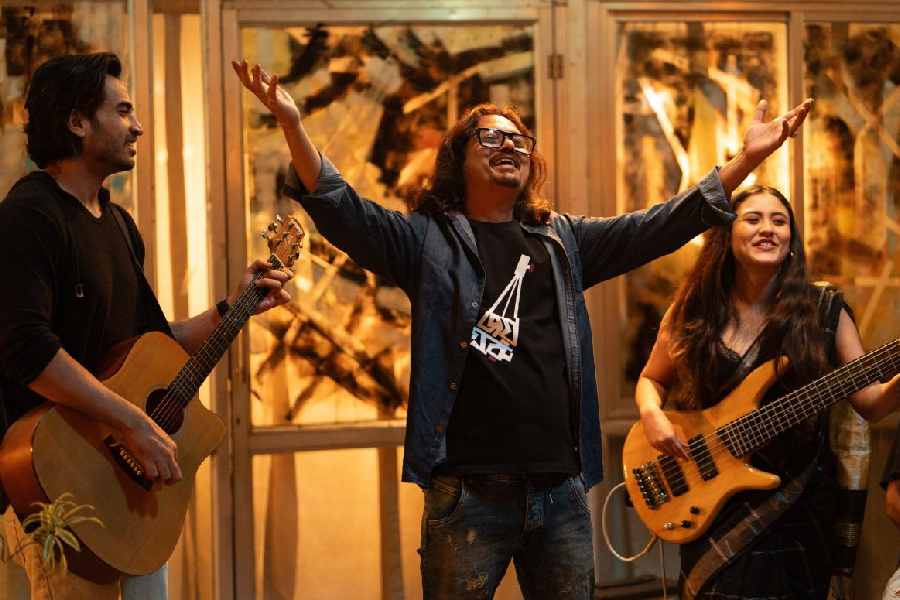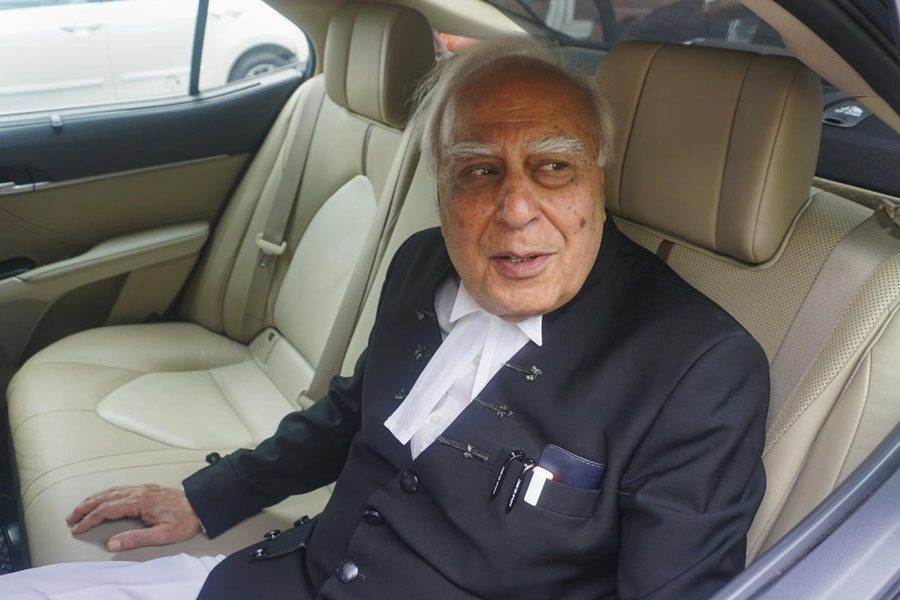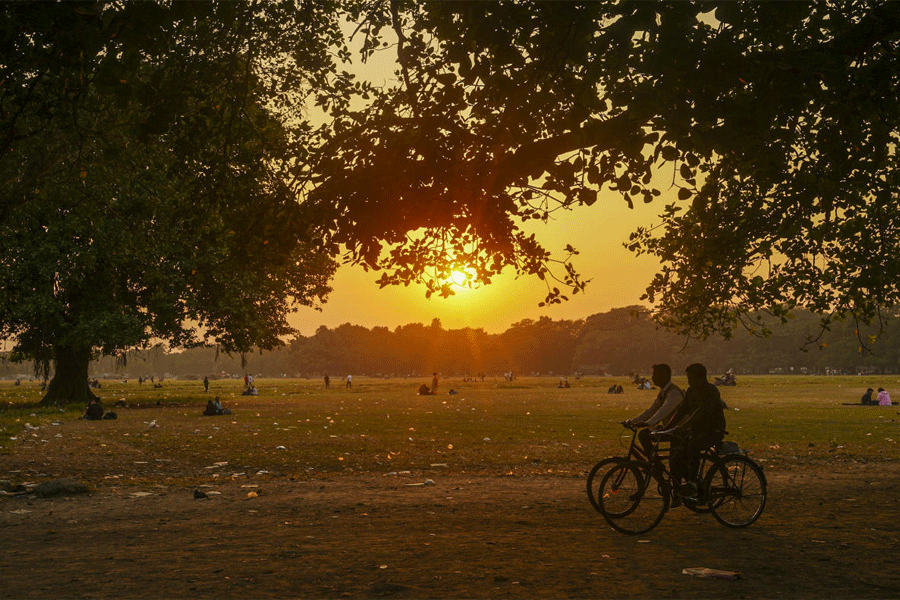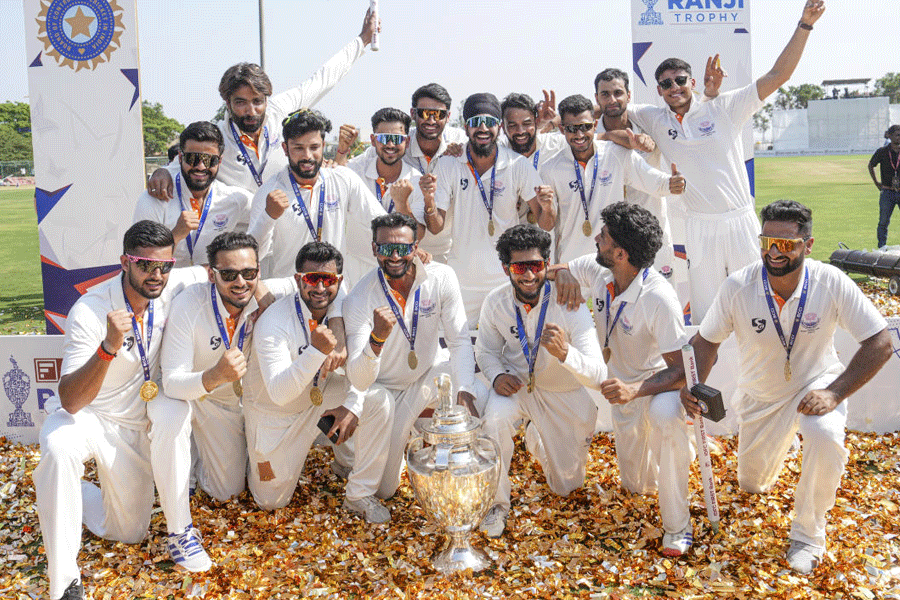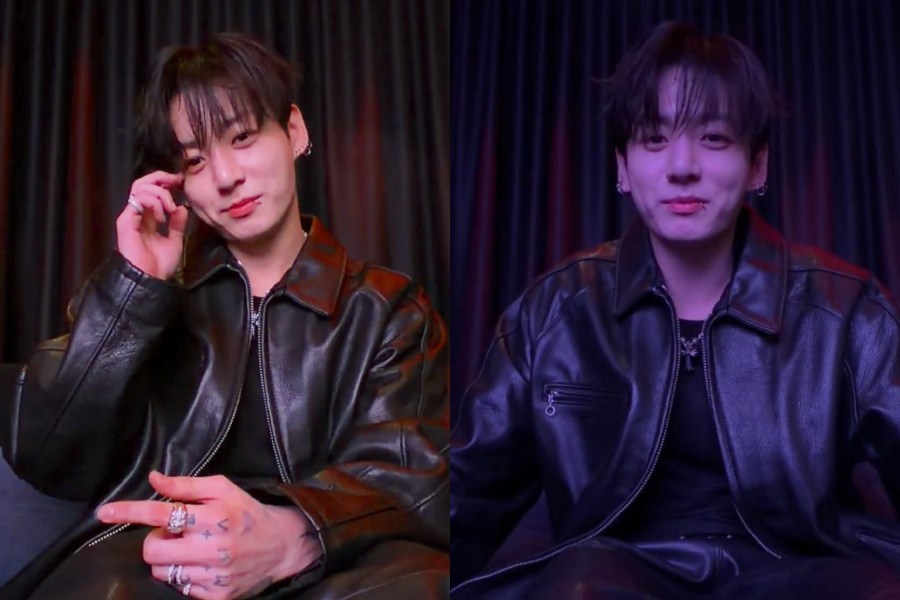After the thumping success of the Nightclub Song, the makers of the upcoming film Joto Kando Kolkatatei dropped another song from its soundtrack, simply named as the Rooftop Song. Setting the tone for the film, which revolves around a mystery, the new song has a strong emotive quality while conveying through its lyrics the core ideas and themes discussed in the film.
Through its simple yet soul-stirring lyrics, the Rooftop Song attempts to offer a light-hearted yet insightful understanding of the essence of life. It compares life to a riddle which has to be solved if one has to seek out life’s meaning. Sung by Abhijit Barman (Pota) in his vibrant, easygoing and full-throated style, the song appeals by virtue of its sincerity, naivety and raw emotional connect. Composed by Debojyoti Mishra, its folk rhythms and melodies blend beautifully within a contemporary soundscape to present a music experience that evokes nostalgia while staying rooted in the here and the now.
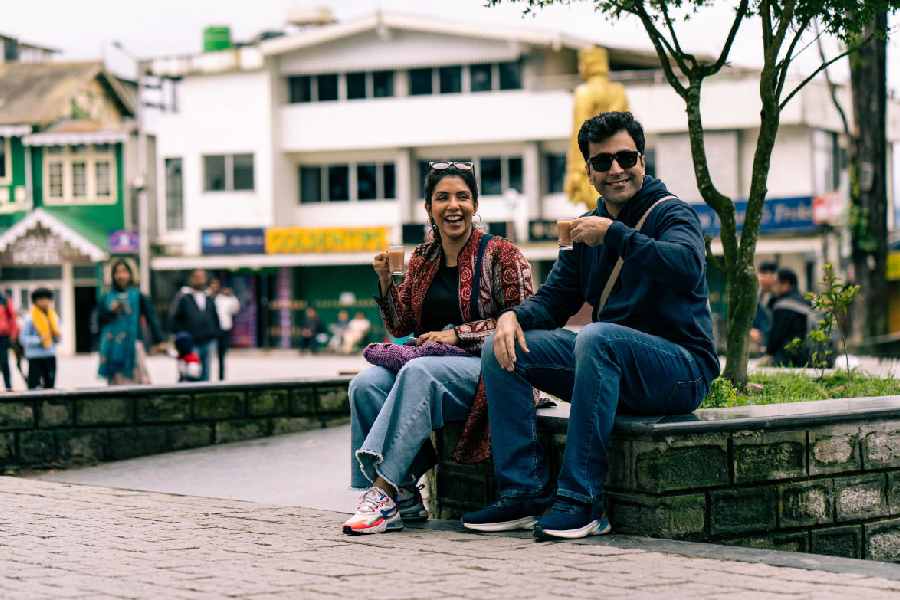
A moment from 'Joto Kando Kolkatatei'
Rangan Chakraborty’s candid and apparently artless lyrics weave magic with their fusion of folk and urban, old and new influences. Though sung by Barman in a contemporary urban setting, his Baul style of rendition gives the song a deep, philosophical quality. Mousumi Datta gives him fine support on the vocals and guitar, adding to the reflective, contemplative mood of the song.
The music video starts off in a relaxed, cosy mood — a group of young people are seen partying on the rooftop of an urban home, with a young woman tuning her guitar and getting ready to play a song. The scene soon shifts to an aerial view of closely-huddled rooftops in a middle-class Calcutta locality, further establishing Joto Kando Kolkatatei’s setting through visuals of the city’s narrow by-lanes, its iconic yellow taxis and old rickety buildings standing shoulder-to-shoulder with newer edifices. The Rooftop Song enmeshes the past and the present just like the story of the film to which it belongs.
Scenes from the past (depicted in monochrome) offer interesting clues about its long-forgotten events that characters from the present day are trying to reconstruct and resurrect. Visuals of an old man being carried to a cottage in the hills, old photographs of a newly-married couple in front of a church, moments of domestic conflict and tension, the hint of letters lost and found, all add to a sense of mystery. In the film, present-day characters played by Abir Chatterjee and Quazi Nawshaba Ahmed try to find the invisible thread tying all these elements together, to solve the mystery and establish a lost connection with the past. Nawshaba’s character, who is one of the guests at the rooftop gathering, mirrors the thoughts in the song; she is also seen visiting an old, dilapidated mansion, trying to uncover its hidden history, perhaps in a bid to know certain truths about her life.
Abir Chatterjee’s character of Topshe, a detective, is also present at the party and enjoying the music performance with Nawshaba’s character, who appears to be in a quieter and more pensive frame of mind. Serving almost as a prelude to the film as it gradually approaches its release date, the Rooftop Song reinforces Joto Kando Kolkatatei’s central idea of a quest to uncover truths of life, at the same time, perhaps also gently alluding to an acceptance of life’s vagaries. Also starring Roja Paromita Dey, Rik Chattopadhyay, Dulal Lahiri, Mithu Chakraborty and Aparajita Ghosh, Joto Kando Kolkatatei, directed by Anik Dutta, releases in theatres on September 26.
Piya Roy

